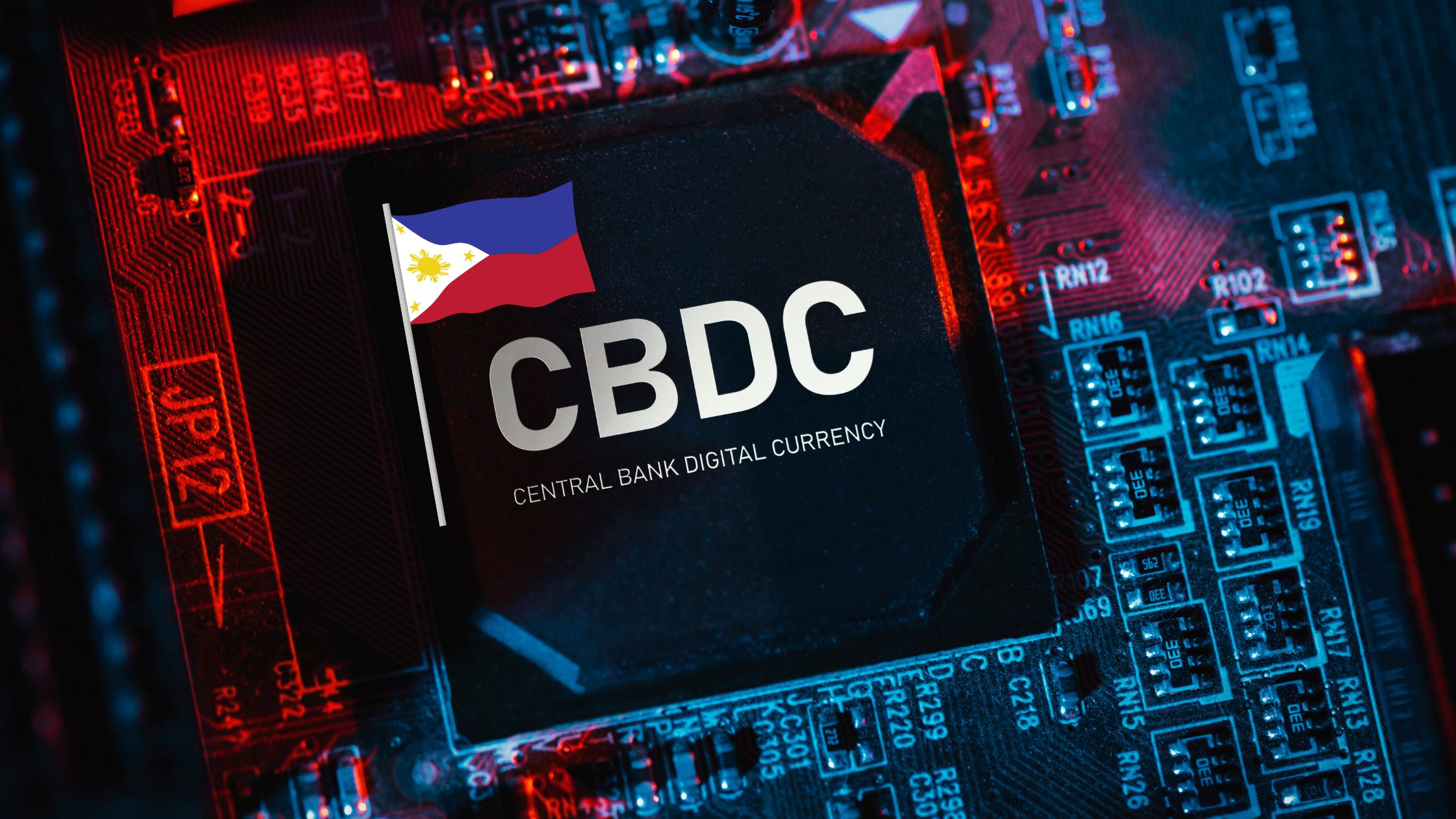
The Philippines’ central bank, known as Bangko Sentral ng Pilipinas (BSP), is gearing up to launch a Central Bank Digital Currency (CBDC) within the next two years in response to the increasing adoption of cryptocurrency in the country.
BSP Governor Eli Remolona Jr. unveiled this plan on Feb. 12, emphasizing the focus on a wholesale CBDC model rather than a retail one. Notably, the central bank has opted against utilizing blockchain technology for this initiative.
BSP officials clarified that the forthcoming CBDC will operate as a wholesale currency, facilitated through banks rather than directly accessible to individual consumers. Additionally, they stated that the CBDC will not be built on blockchain technology but will instead leverage a payment and settlement system owned by the central bank.
In a recent interview, Remolona elaborated on the BSP’s strategy to develop a CBDC, emphasizing the decision to steer clear of blockchain technology. Instead, the central bank will utilize its proprietary payment and settlement system, PhilPaSS, to facilitate the CBDC. Remolona highlighted the intention to focus on a wholesale CBDC model, managed by banks, to mitigate potential risks associated with a retail CBDC.
By drawing on the experiences of countries like Sweden and China, where CBDCs are being developed to complement physical cash and counter competing cryptocurrencies, BSP officials are optimistic about the Philippines’ ability to navigate the CBDC landscape effectively.
The decision to launch a CBDC comes as a response to the growing interest in cryptocurrencies, offering a regulated alternative to meet the evolving needs of the market. By adopting a wholesale CBDC model, the central bank aims to enhance operational efficiency within the banking sector, particularly in facilitating real-time interbank transactions.
While the development of CBDCs has garnered international attention, it has also sparked debates regarding its implications. While financial regulators acknowledge the potential benefits of CBDCs in improving payment systems and reducing fraud risks, concerns persist regarding privacy issues, government surveillance, and ensuring equitable access across diverse demographics.
The Bank for International Settlements (BIS) has highlighted that despite experiments with wholesale CBDCs conducted by various central banks, the observed improvements over existing systems have been relatively modest.
In December 2023, the Securities and Exchange Commission (SEC) reiterated its ban on Binance, a major cryptocurrency exchange, due to its unregistered operations in the country. Despite repeated warnings, Binance has continued to operate as one of the primary trading platforms for cryptocurrencies in the Philippines, highlighting the challenges faced by regulators in enforcing compliance within the sector.
Also Read:

